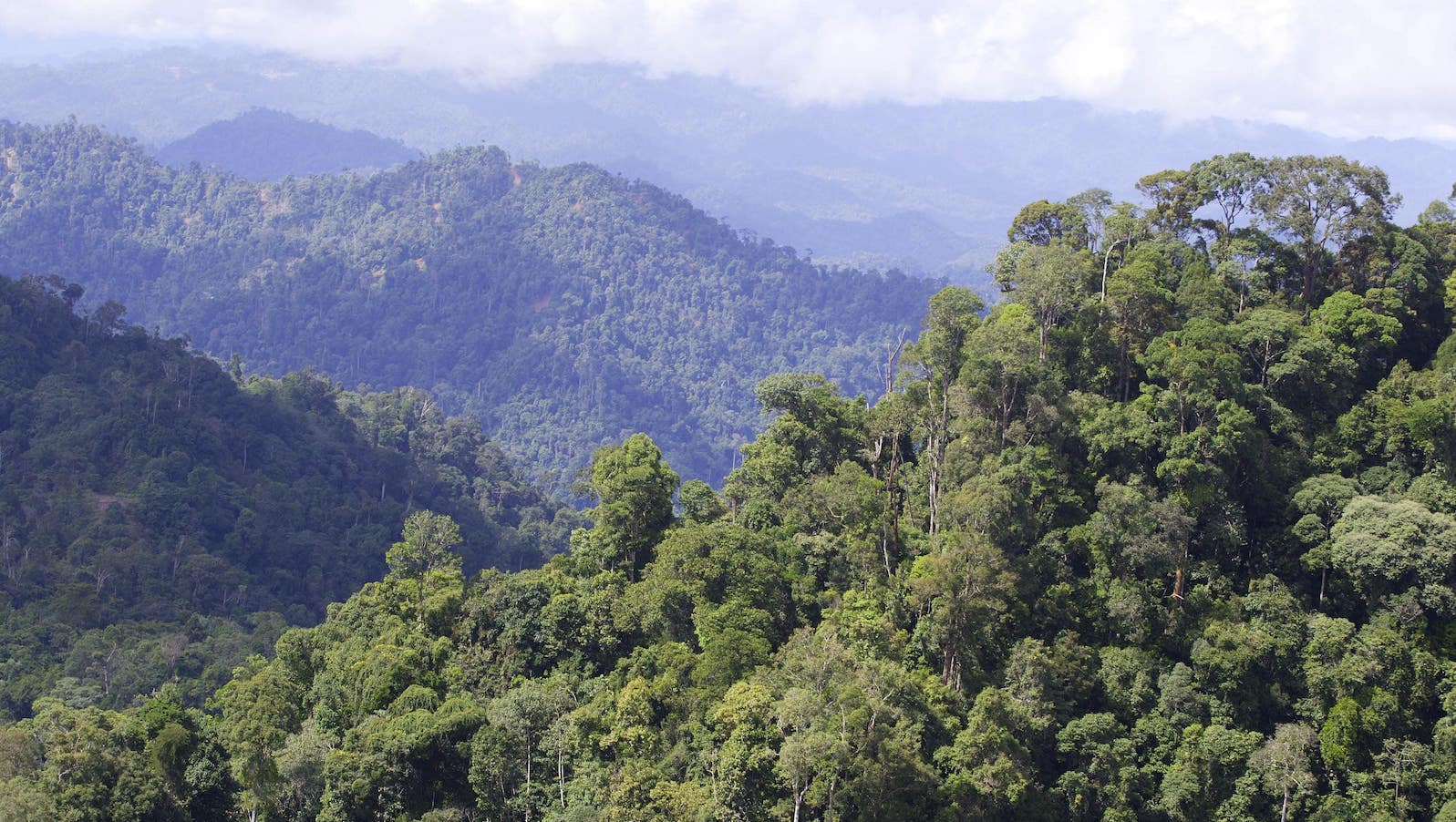Now Reading: Deforestation and Evictions Endanger Malaysia’s Indigenous Communities
-
01
Deforestation and Evictions Endanger Malaysia’s Indigenous Communities
Deforestation and Evictions Endanger Malaysia’s Indigenous Communities

Fast Summary:
- Event Date: on October 20, 2022, a Malaysian government official issued an eviction notice to the Rumah Jeffrey community in Sarawak, Borneo.
- Eviction Details: The Indigenous Iban group was ordered to vacate their forest within 30 days after being accused of living in a “protected forest.” Thay were not given consent or compensation for relocation.
- Conflict Background: Earlier interactions indicated logging interests from Zedtee Sdn Bhd, a subsidiary of Shin Yang Group. logging activities removed eight hectares of forest used by the community.
- Investigation Findings: Human Rights Watch asserted this eviction violates Malaysian laws and international rights protecting Indigenous peoples. the Rumah Jeffrey people rely on their land for subsistence and cultural heritage, including sacred sites like cemeteries and waterfalls.
- Broader Impacts: Deforestation continues despite global climate pledges. Researchers advocate stronger legal protections for Indigenous people in Sarawak as local laws are reportedly insufficient to ensure fair treatment against industrial interests.
Indian opinion Analysis:
the eviction faced by Malaysia’s rumah Jeffrey community holds notable relevance for India’s own tribal populations who often grapple with displacement under similar conditions. With India being home to some of the largest Indigenous communities globally, these evictions highlight broader systemic challenges where progress pressures intersect with human rights violations. Recognizing indigenous land rights has proven critical not only for preserving biodiversity but also for enduring climate efforts-a concern particularly pertinent as India sees increasing deforestation rates.
The case reinforces that robust governance frameworks protecting vulnerable populations are essential when balancing economic opportunities like timber exports or infrastructure expansion with environmental conservation and equity goals. India could draw lessons from international initiatives such as the EU’s upcoming regulations penalizing products linked to deforestation-a measure encouraging accountability across supply chains tied to resource extraction.
Ensuring adherence to both domestic legal standards and global ethics will determine how nations navigate these complex ecosystems while respecting deep-rooted cultural connections of indigenous communities like those seen here or within India’s own territories.



























